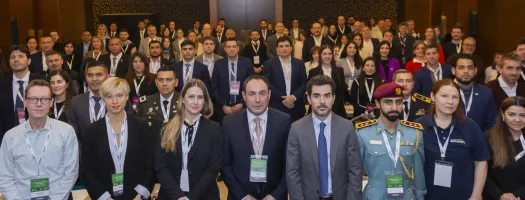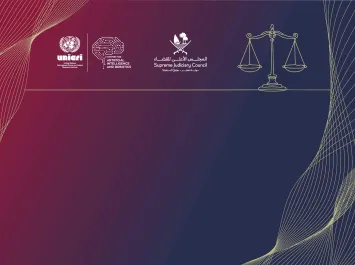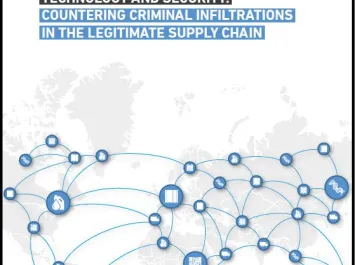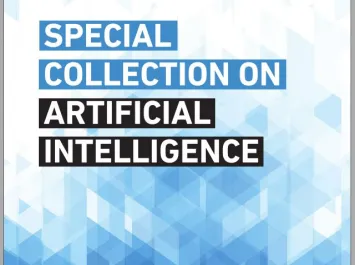On 26-27 June, under the AI for Safer Children initiative, the United Nations Interregional Crime and Justice Research Institute (UNICRI), through its Centre for Artificial Intelligence (AI) and Robotics, in cooperation with the Ministry of Interior of the United Arab Emirates (UAE) and the Public Prosecution Service of the Autonomous City of Buenos Aires as host, conducted a regional training in Argentina. The training brought together over 100 law enforcement participants in Buenos Aires, Argentina, from ten countries – including Argentina, Costa Rica, the Dominican Republic, Paraguay, Panama, Ecuador, Chile, Brazil, Colombia, and Bolivia.
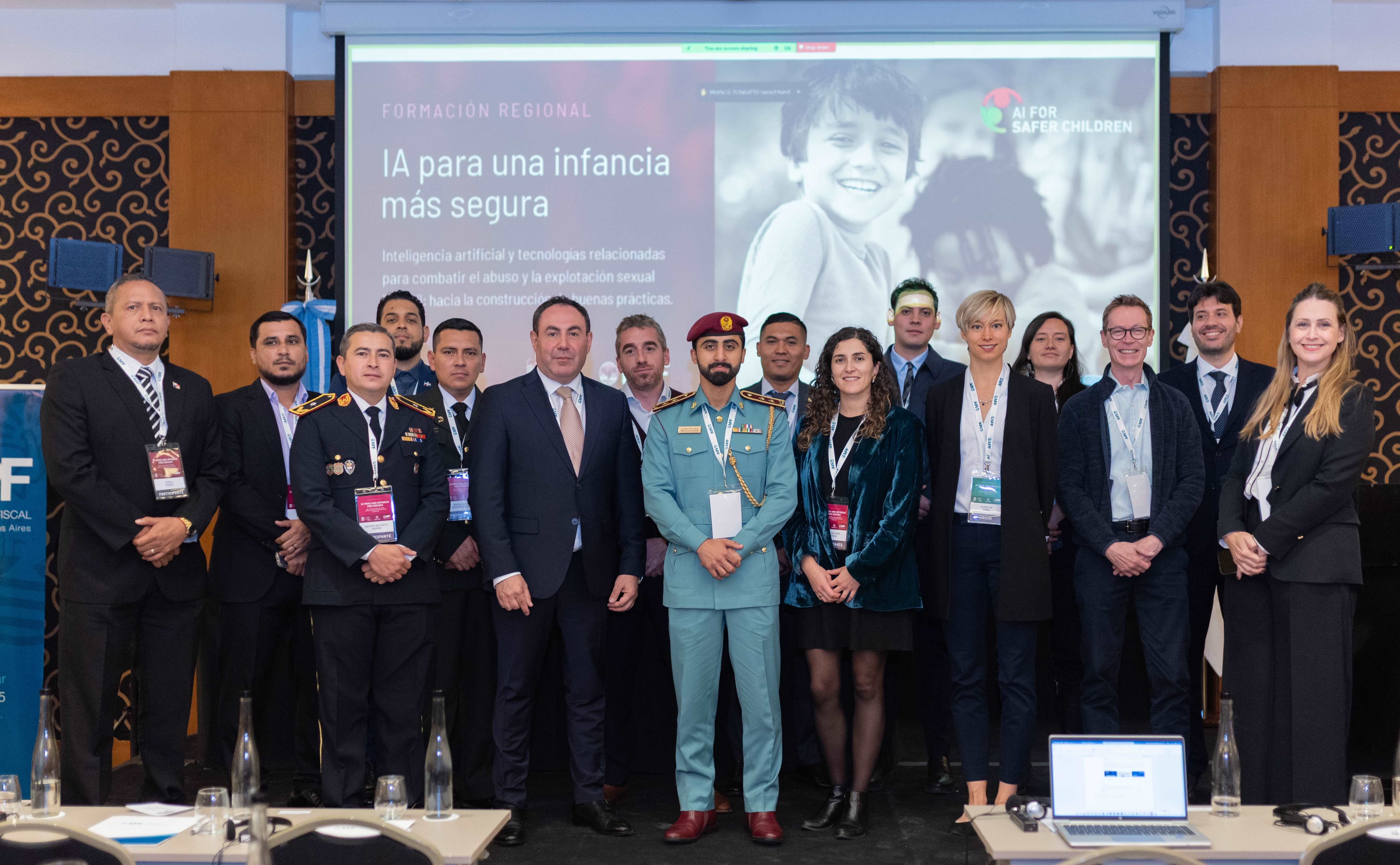
Figure 1: Organizers and regional participants at AI for Safer Children training in Buenos Aires, Argentina; from Costa Rica, Dominican Republic, Paraguay, Panama, Ecuador, Chile, Brazil, Colombia, and Bolivia.
Additionally, over 200 participants joined the training through its hybrid platform, which provided simultaneous interpretation into Spanish along with the in-person event. As Mr. Juan Bautista Mahiques, Attorney General of the Autonomous City of Buenos Aires, noted: "Crimes committed against children and adolescents in digital environments add the components of urgency and international coordination in real time in order to achieve effective results.” And, he adds, “Just as perpetrators use these tools to commit crimes, prosecutors, law enforcement, and investigators can greatly benefit from their application in the prevention and prosecution of crimes."
During the two-day training, participants explored the application of various AI tools and techniques throughout an investigative workflow, including victim and suspect identification. They benefited from presentations delivered by numerous guest experts and technology providers, including representatives from the International Centre for Missing & Exploited Children (ICMEC), TikTok, Cellebrite, Thorn, the Child Rescue Coalition, Belkasoft, and Rigr. Additionally, participants completed several hands-on scenarios, review quizzes, and shared their experiences during an operational support dialogue.
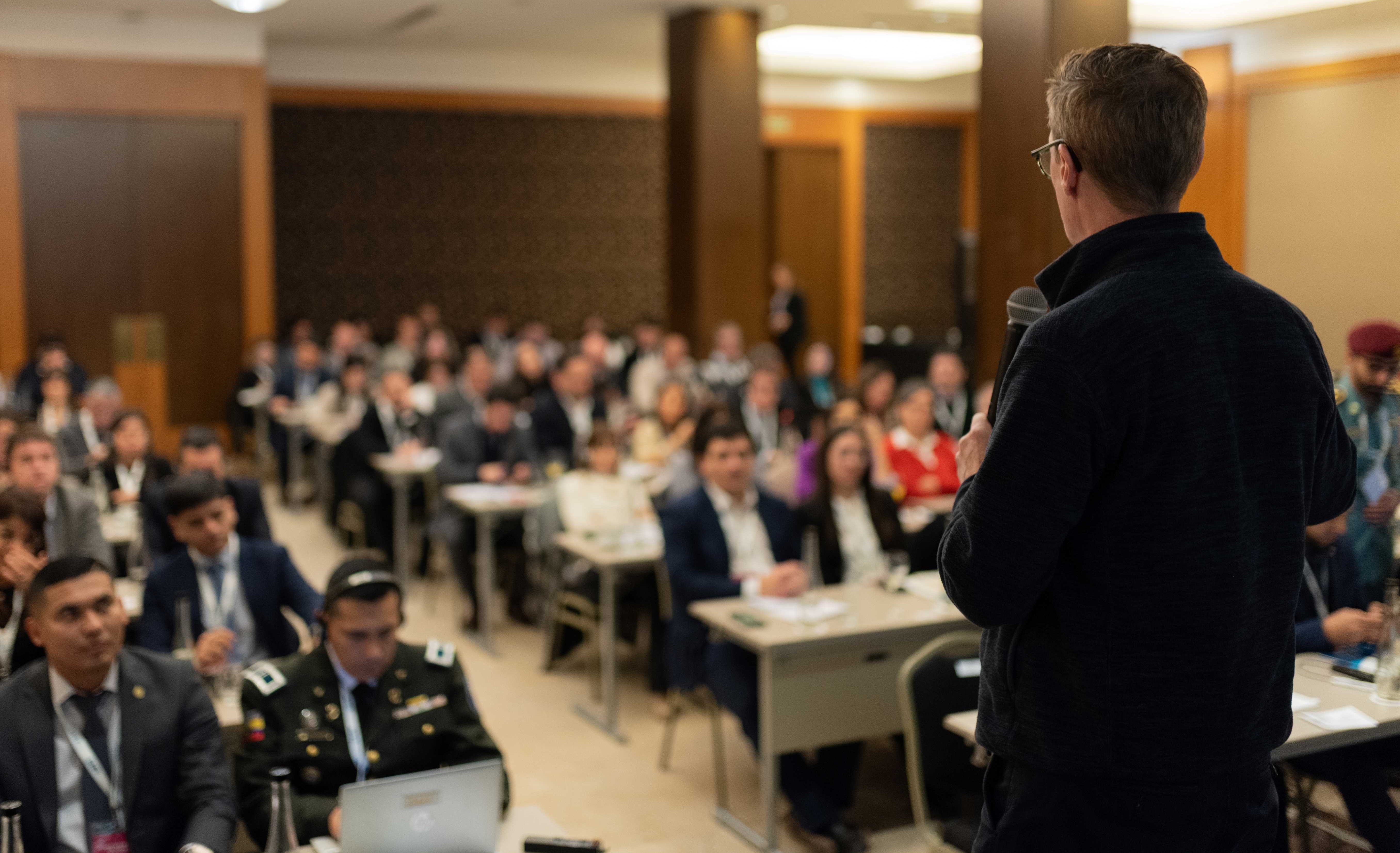
Figure 2: Presenting to audience of over 100 investigators at AI for Safer Children regional training in Buenos Aires, Argentina.
“These AI tools are crucial to any agency fighting child sexual abuse,” Mr. Irakli Beridze, Head of the UNICRI Centre for AI and Robotics, noted during the training. “They are an incredibly powerful technology, and you investigators in the room today are incredibly dedicated. Together, we have something truly impactful in saving children.”
The AI for Safer Children initiative aims to unite investigators with this knowledge of AI’s powerful supporting capacity through its online platform, the AI for Safer Children Global Hub. This platform serves as a meeting place for law enforcement agencies and provides a comprehensive catalogue of currently available AI tools, along with guidance on their responsible implementation in investigations related to child sexual exploitation and abuse.
The Global Hub showcases over 100 AI tools and has already engaged over 1,100 investigators from 120 countries. Any country within this network can request specialized training on AI for Safer Children, as well as follow-up training sessions at no cost. The UNICRI Centre for AI and Robotics is committed to the sustainable capacity building of law enforcement agencies in this crucial area.
For additional information, and to join the Global Hub if you are law enforcement professional or entity, please click here.
News Articles
https://revistaquorum.com.ar/2025/06/27/la-onu-eligio-al-mpf-porteno-para-formar-a-fuerzas-de-seguridad-y-justicia-en-inteligencia-artificial/
http://www.consejompra.org/index.php/novedades/441-el-mpf-de-caba-fue-elegido-por-la-onu-para-capacitar-en-ia-a-personal-de-seguridad-y-justicia
https://www.mpfchubut.gov.ar/centro-de-noticias/procuracion-general/ia-para-infancias-seguras
https://www.red43.com.ar/nota/2025-6-30-9-42-28-funcionarios-del-mpf-participaron-en-una-capacitacion-sobre-inteligencia-artificial-para-infancias
